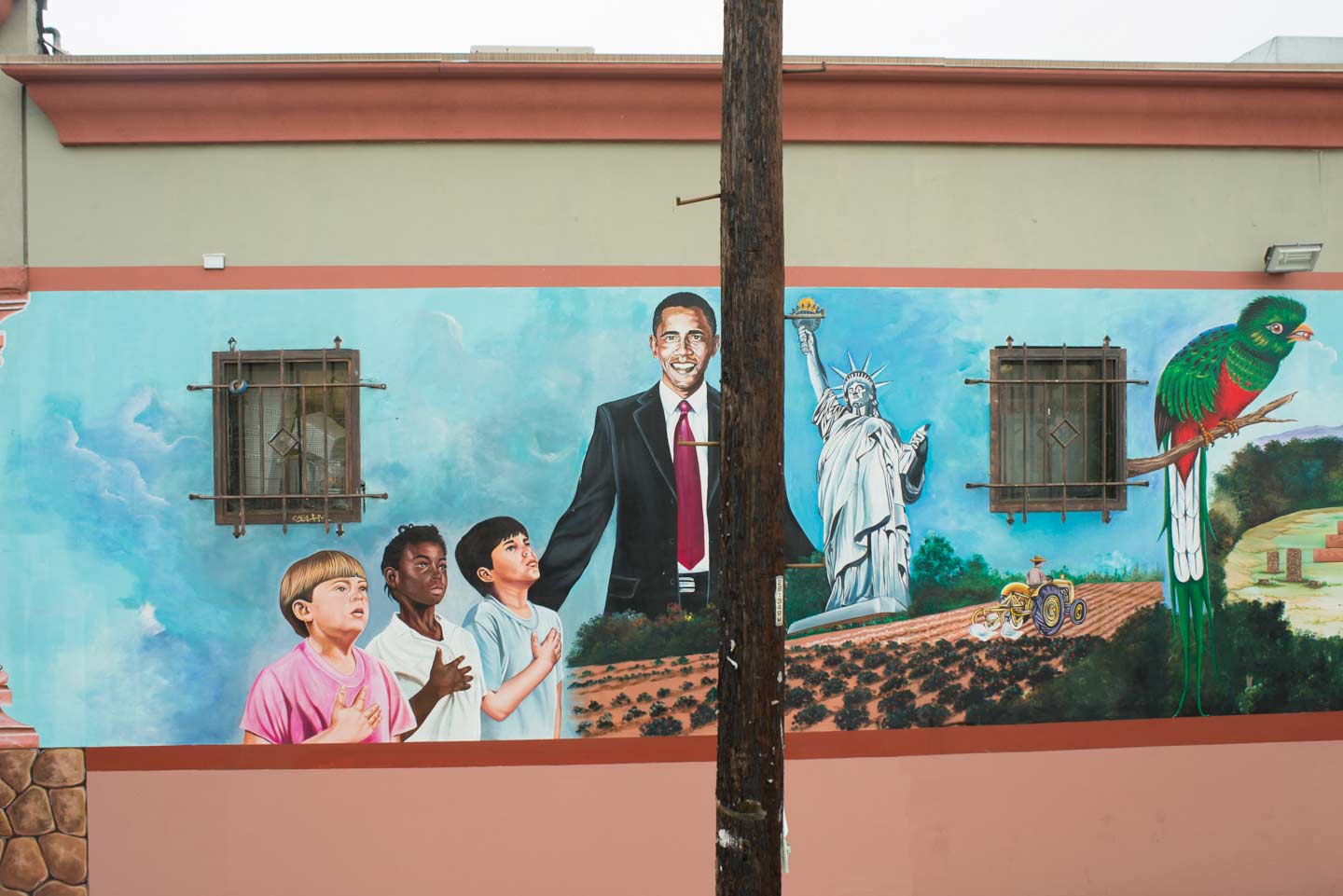Permanent Exile: On Marie Vieux-Chauvet
The Nation
2010-01-14
Madison Smartt Bell, Professor of English
Goucher College, Baltimore, Maryland

Marie Vieux-Chauvet (Anthony Phelps)
In Love, Anger, Madness, Marie Vieux-Chauvet explores the choking fear of life under “Papa Doc” Duvalier.
For the last thirty years of the twentieth century, Marie Vieux-Chauvet’s Amour, colère et folie was legendary for being lost. Published in France by Gallimard in 1968, this triptych of thematically linked novellas soon caused alarming ripples in the author’s native Haiti, where the Vieux-Chauvet family had already lost three of its members to the regime of state terror erected by François “Papa Doc” Duvalier, beginning in 1957. Warned that the book would almost certainly provoke serious reprisals, Vieux-Chauvet persuaded Gallimard to withdraw it, while she went into permanent exile in New York City, where she died in 1973 at 57. Her husband, Pierre Chauvet, made an emergency trip to Haiti, where he purchased as many copies of the book already in circulation there as he could recover–in order to destroy them. Remnants of the Gallimard edition were discreetly sold by Vieux-Chauvet’s children, in very few venues, until the stock was exhausted in 2000, and a pirated edition made a shadowy appearance in 2003. But otherwise the book was virtually impossible to find until its republication in France by Zellige in 2005.
Is the artifact worth such a weight of suffering and struggle? Whether any work of art can ever be worth even a single human life is a question that will never be settled–but this book is surely a masterpiece. Within the community of Haitian writers and writers of the Haitian diaspora it has been prized not only for its rarity but also for its great literary power. In her succinct introduction to the present edition, Haitian-American novelist Edwidge Danticat ranks Vieux-Chauvet among a “multigenerational triad” of the greatest Haitian writers (including Jacques Roumain and Jacques Stephen Alexis) and dubs the trilogy “the cornerstone of Haitian literature.” Backed by such accolades, and now available in both French and English, Amour, colère et folie can take the central place it deserves in late-twentieth-century Haitian letters. If Duvalierism is the central political experience of the end of the Haitian twentieth century, the psychology of those oppressed by it has never been more compellingly rendered than here.
The three narratives that compose this volume have no continuity of plot from one to the next and no common characters. However, they reflect one another in tone, mood and theme sufficiently to integrate the book as a larger whole–a continuum describing the reactions of different classes of people to a generally similar experience of invasion and oppression from without their households, and a suffocating claustrophobia within. Love is the longest and most realistic narrative; Madness is more surreal and much shorter. Standing between them, Anger (which might have been translated better as “Wrath”) has the structure and feeling of Greek tragedy without echoing any particular Greek play in terms of specific characters or plot lines.
Love is set within the community of “aristocrats,” to which Vieux-Chauvet belonged: a comparatively small group of mixed European and African blood, which, since the Haitian Revolution ended in 1804, has preserved, as if in amber, the eighteenth-century French acculturation it received during the colonial period. These milat, as they are called (a term that derives from the uncomplimentary “mulatto” but in the Haitian context conveys wealth, education and social standing as much or more than pigmentation), have in reality always been a thin, fragile, creamy layer floating uneasily at the top of the vast black Haitian majority. For most of Haiti’s history, the often but not always light-skinned elite has been able to concentrate a great deal of the country’s wealth and a disproportionate share of political power; but in Love its position is felt to be threatened by the rise of a movement based on black power, which resembles nothing so much as the Duvalier regime, though Chauvet does make the faint self-protective gesture of setting the story in 1939, eighteen years before Duvalier took the presidency…
Read the entire review here.



